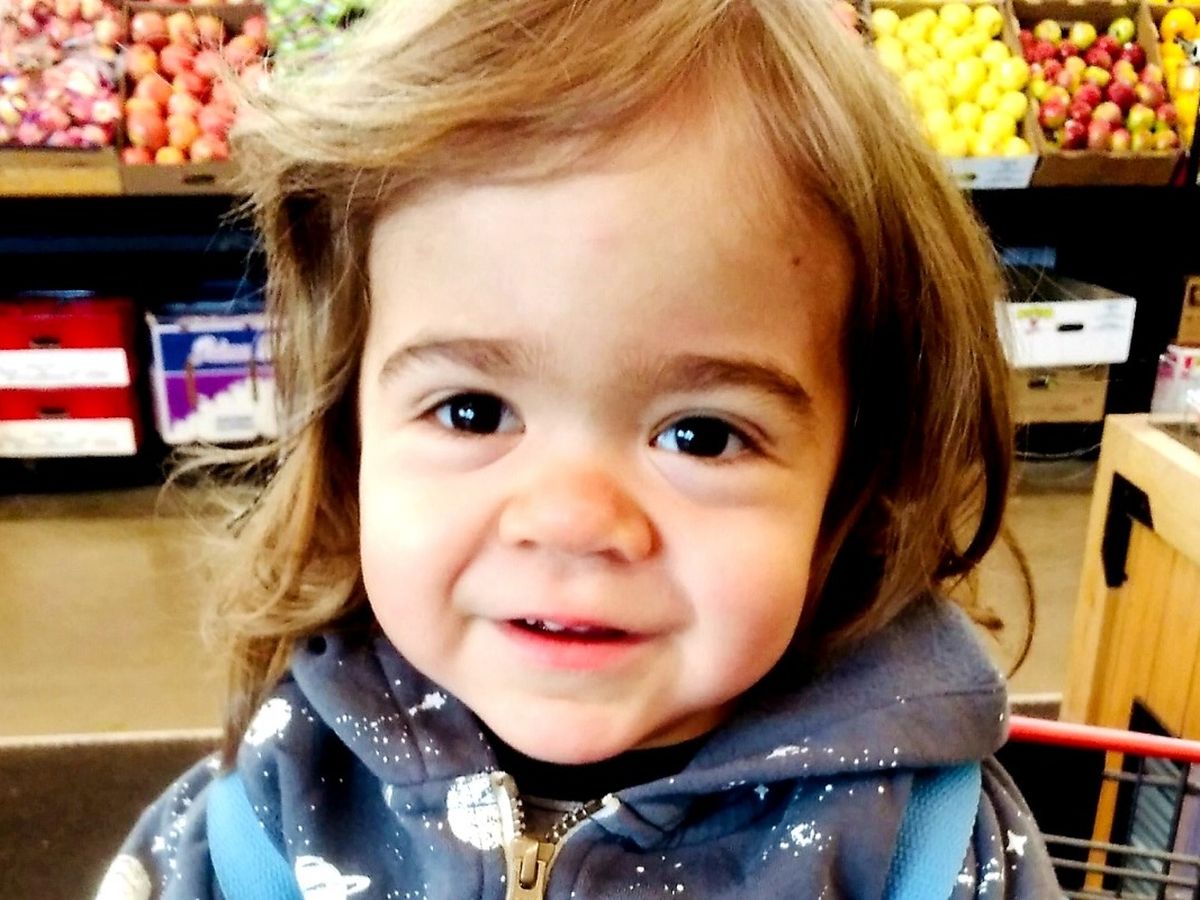 Saving Sage - Let's Find a Cure for Hunter's Syndrome
Saving Sage - Let's Find a Cure for Hunter's SyndromeSage Rodriguez, son to Ulysses Rodriguez a firefighter with SAFD and Jamie Beard of the University of Texas, was diagnosed last week with Hunter's Syndrome (MPS2), an extremely rare and terminal genetic disorder. He received the diagnosis just before his third birthday. Hunter's Syndrome occurs when a single enzyme which is responsible for breaking down and recycling long sugar chains called GAGs within cells is missing. Without this enzyme, GAGs build up in cells throughout the body, causing progressive damage. Hunter's Syndrome is a degenerative disease that impacts all parts of the body as the disease progresses. Most children diagnosed with this disease have a life expectancy of 10-15 years and experience significant impacts on their quality of life as the disease takes its toll. As the disease progresses, Sage may lose the ability to talk, walk, hear, eat and breathe on his own. Sage will soon begin a treatment called enzyme replacement therapy, where he will be hooked up to an IV for five hours every week. This therapy may help slow the progression of the disease in the body but it does not slow the impact of the disease on the brain.
While there is currently no cure for Hunter's Syndrome, there are very hopeful recent developments in gene therapy that could cure Hunter's Syndrome. If successful, gene therapy could be a one time treatment that cures the disease. There are a limited number of clinical trials in process for Hunter's Syndrome currently. In the world of medicine, treatment for Hunter's Syndrome is considered an ‘orphan drug’ because of the small patient population it seeks to treat. Only an estimated 500 boys with Hunter Syndrome live in the United States, and less than 25 live in Texas. Drug companies fund research for more common diseases because if they develop a potential blockbuster drug for a large patient population they are more likely to make a substantial profit. Few companies are willing to invest in research for such a small population like Hunter's Syndrome. Due to the limited number of drug companies pursuing a cure for Hunter Syndrome, families are left to tackle the goal of funding research that leads to clinical gene therapy trials.
A fund has been set up to help Sage and his family tackle this disease. Funds will be used to help with expenses associated with Sage's travel to see specialists and undergo his initial medical procedures, and to help fund specific gene therapy research for Hunter's Syndrome that could lead to clinical trials that may save Sage’s life. Sage has time to fight this disease - let's help make sure funding is not an obstacle to a cure!
For more information about Hunter's Syndrome, please view the videos featuring other Hunter Syndrome families here.
https://www.youtube.com/channel/UCy8gQf-QU4380avsrz3uLeg


